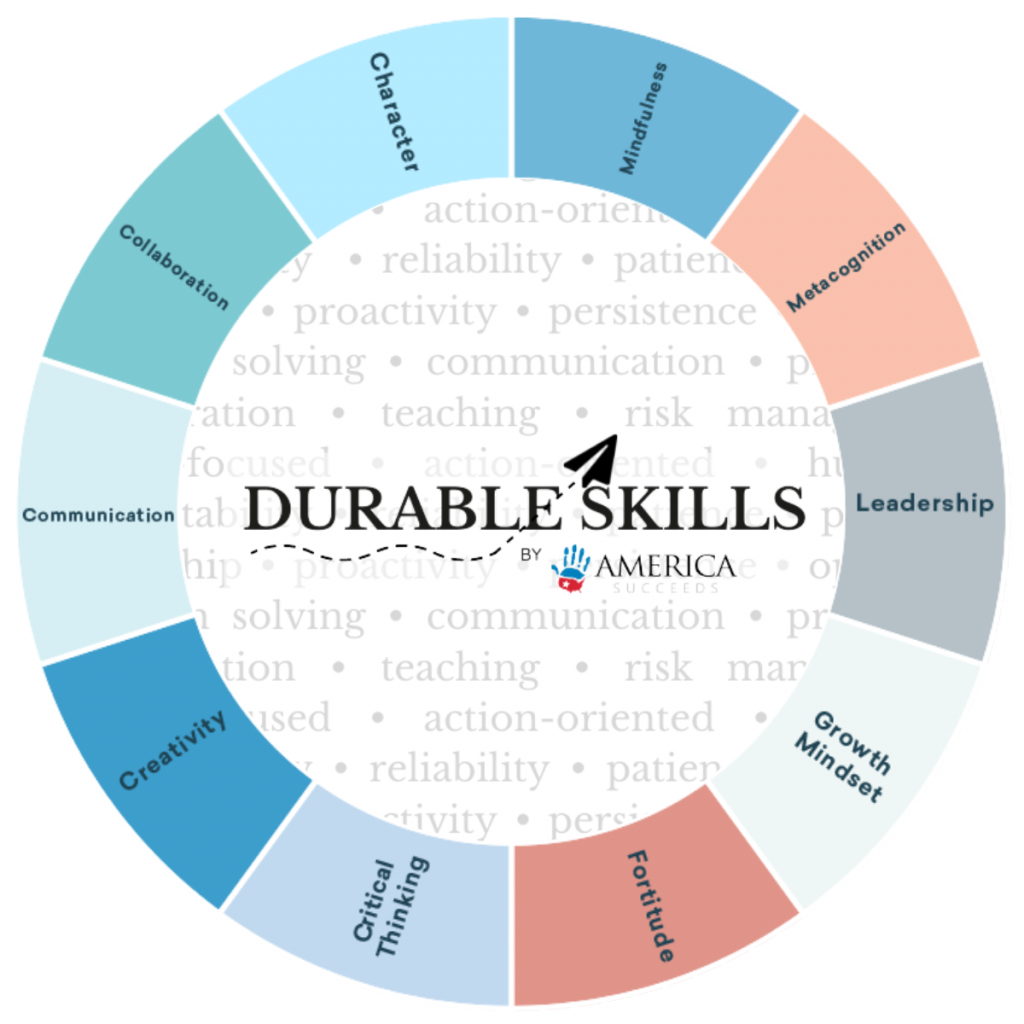This week, we sat down to talk enrichment with Gerard Robinson, distinguished Brains & Motion Board Member and Professor of Practice in Public Policy and Law at the University of Virginia. With his passion for learning and decades of expertise in the education sector, this father of three offered an insightful look at what makes kids' enrichment programs worthwhile.
Gerard, what does "enrichment" mean to you?
"Enrichment for me has three traits. One is an after-school program that encourages curiosity. The second is a program that improves the personal and professional wellbeing of educators. We tend to focus on tangible benefits students receive from an enrichment program, and understandably so. Equally important are tangible benefits an educator receives as well. The third is a program that welcomes families into the enrichment process. What does this look like to me? It's when a parent asks a child “What did you learn today” versus “What did you do today?” The latter question is perfunctory. Something we ask when our child arrives home. The former is probing. Why? Because the parent is interested in what the child learned that day as well as open to the possibility that she or he will learn something new, too."
Do you have an anecdote or funny story about enrichment (after school or summer camp) you'd like to share?
"One story that comes to mind is neither an anecdote nor a funny story. It is more a teachable moment.
I worked in a summer program at St. Peter’s College in Jersey City, NJ. The program was managed by Dr. Robert Perry. His team provided public school students in Jersey City and Newark access to academic, cultural, and athletic programs during the summer. On one water rafting excursion, I had to select six students to join me in a race down the Hudson River. We had seven boats. After the third round of selecting teammates, I noticed there was one student everyone avoided. It was a teenage girl. The boys didn't want her because they didn't think she was strong enough to be competitive in a paddle race. The second reason is because she was tall and heavy. The boys and girls alike believed her weight would slow down the raft. In a competitive race each team leader wants an advantage. In the fourth round I selected her. Two more rounds followed; therefore, she was not my last pick. Had I not she certainly would have found herself waiting in the last round for someone to begrudgingly select her for the team.
Long story short, our team came in second place. She was an asset to the team. Once the day was over, she gave me a hug and thanked me for picking her early. I thanked her and then turned away so she wouldn't see a tear come down my smiling face. Why? In the instance, while some of her competitors saw her team beat them – she saw herself winning. A few people from the other teams congratulated her and chalked up a conversation. For me, enrichment was on display in multiple forms."
Do you have any advice for schools looking to run enrichment programs?
"My advice rests on the practical and the philosophical. The practical requires all the things we want from an enrichment program: responsible adults; a room equipped with materials necessary to teach a subject; well organized and safe outside activities; and financial obligations to outside vendors honored. This is the “how” of enrichment programs.
The philosophical requires an enrichment program support entertainment and inner attainment needs of students. What do I mean? Enrichment programs have an entertainment feel. Nothing's wrong with that. All of us like to be entertained. I encourage us to go one step further by encouraging inner attainment. We do this by linking the entertainment aspects of enrichment programs to practices supporting better self-awareness, a sense of belonging, self-initiation, or other habits that improves a healthy view of self and interaction with peers and adults."
Do you have any advice for parents choosing enrichment (after school or summer camp) for their children?
"My wife and I are parents of three daughters. The main piece of advice I offer parents is to differentiate an enrichment program you the parent want to choose for a child from an enrichment program your child would choose if given the chance to make the decision. Sometimes the two align. They often do not. Just knowing this dichotomy exists will help you navigate the next step for choosing an enrichment program."
Explore Brains & Motion summer enrichment programs
What skills and abilities will students need to succeed in the future?
"Regarding skills and abilities for the future, I recommend parents and educators working in enrichment programs read the durable skills report created by America Succeeds. Ten high-demand durable skills employers desire are derived from a systematic analysis of 80 million job posting during 2020-2021. Included within each of the 10 durable skills are subsets of personal and professional traits a student can use to be successful in the classroom, sports, and the workplace."

Image Source: https://americasucceeds.org/policy-priorities/durable-skills
------
We're grateful to Gerard for sharing these educational insights and hope his recommendations steer you toward the perfect enrichment choice for your child's summer. We encourage you to visit our blog regularly for more expert advice, and explore our lineup of Summer 2024 STEAM and sports camps.

